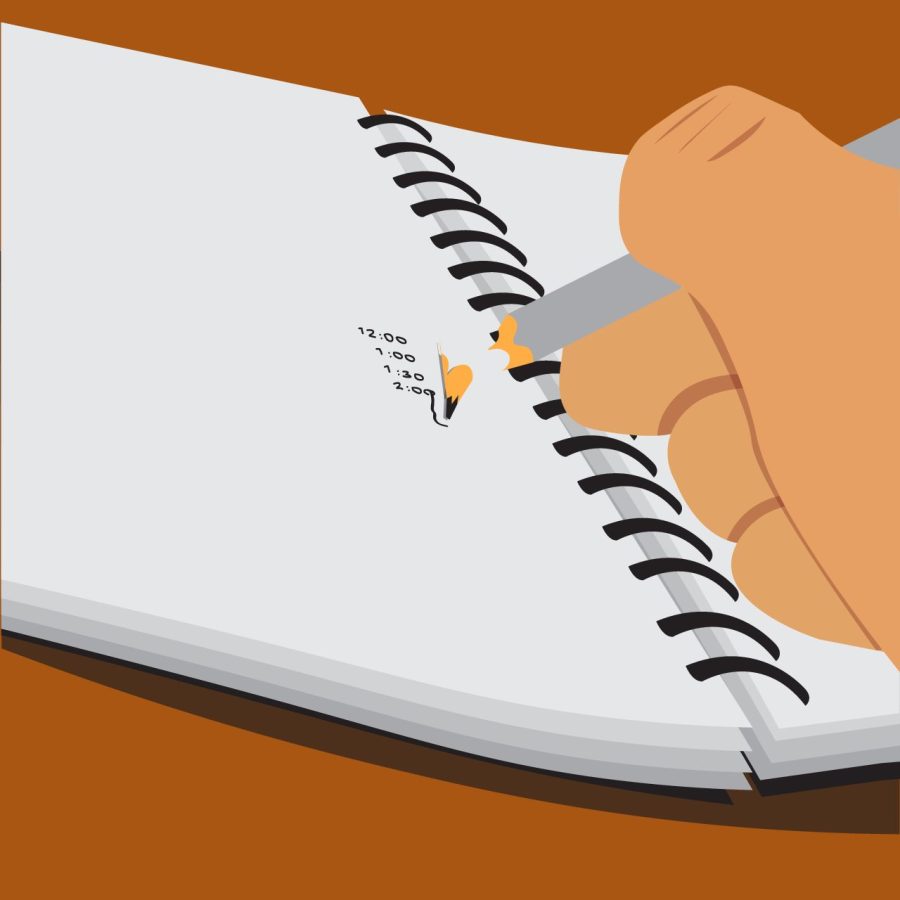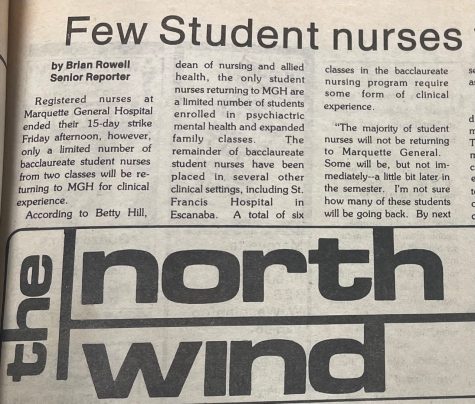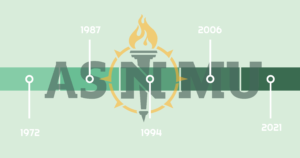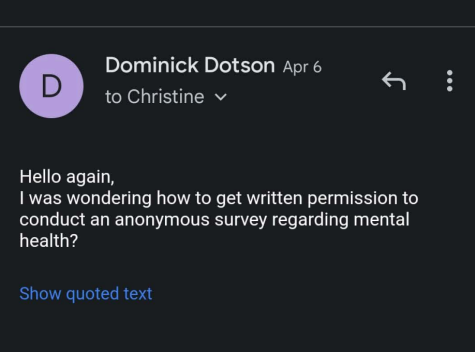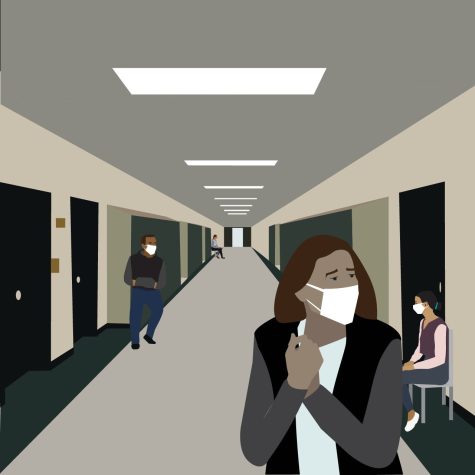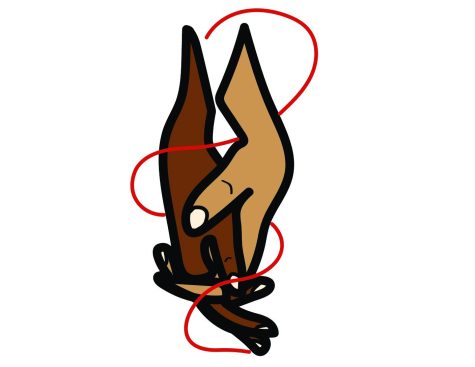Opinion—Why I’m a recovering perfectionist
April 15, 2022
I grew up in a very busy household. Like, we need to have a shared family Google Calendar to even schedule simple things like dinner, type of busy. The people around me were always doing something, whether that was performing in a band, leading a big project or growing a community garden. And they were all doing it well.
Complete strangers would compliment me on my parents’ and sister’s accomplishments, which somehow led me to chase a similar sense of validation from people I hardly knew. I was never explicitly told my productivity and accomplishments defined me, but I lived with that subconscious mindset for a large portion of my life.
I survived high school while clinging to words such as ‘perfectionist’ and ‘high achiever.’ I thought they defined me as someone who was succeeding in this unforgiving game of life. The compliments I received for my work only fueled my desire to do more and set impossibly higher standards for myself.
It wasn’t until last year that I started to actively challenge that perception I had of myself. Facing off against qualities such as perfectionism that I had internalized as positive traits was incredibly difficult.
Perfectionism for me manifested as a perpetual need to make my work fit the high standards I thought others had for me. I was not putting in extra effort to meet my own high standards; I was doing it because I thought other people would be disappointed in me if I did anything less. Whenever I received praise for my work ethic and quality achievements, this only continued the cycle.
But the idea of perfection is so arbitrary and unattainable that by striving for a ‘perfect’ outcome, I was never fully satisfied with my work. I would push myself to go beyond the boundaries of the rubric, simply because I thought I needed to do more work in order for the result to be high quality and praiseworthy.
The problem is that by continually raising the bar for ‘completed’ work, I put myself in a mindset where I never really felt accomplished until someone told me I was. I tried to improve my efforts until someone told me I was good enough. My internal drive didn’t know how to stop without an outside force telling me I could, or until I collapsed from pure exhaustion and burnout.
This is obviously an unfulfilling and unsustainable lifestyle, but it’s hard to recognize that when you are in the positive feedback loop of working more to get high grades and complimentary feedback.
As I stretched myself across multiple classes and extracurriculars my freshman year, I could feel the tell-tale signs of burnout creeping in. I had less energy to accomplish my lengthening to-do list and I was spending more time staring at my computer screen, willing essays to write themselves instead of hanging out with friends.
During those weeks, I began lowering my standard. I turned in work that high-school-me would have begged to rewrite, and produced projects that met the rubric requirements and nothing more.
And the world didn’t end.
It actually got better, because as I looked at the relatively high grades I received for those assignments, I realized I could put in a smaller amount of effort on menial assignments and have more time to spend with friends and going on hikes at Wetmore Landing. Perfection doesn’t, and shouldn’t, have to be the goal for every small task I am faced with.
The biggest shift for me was an internal sense of accomplishment that I hadn’t let myself feel before. With the realization that I could create work that I was proud of without sacrificing other aspects of my life, my mental health improved dramatically and I even had more energy to devote to things I love doing.
The more I grew out of perfectionism, the more I grew into myself.
I’ve also shifted my definition of perfect to fit my own needs today. While the traditional and Merriam-Webster’s definition of perfect may be realistically unattainable, my work can still be ‘perfect’ for the situation and the variety of constraints I created while still taking care of myself.





















